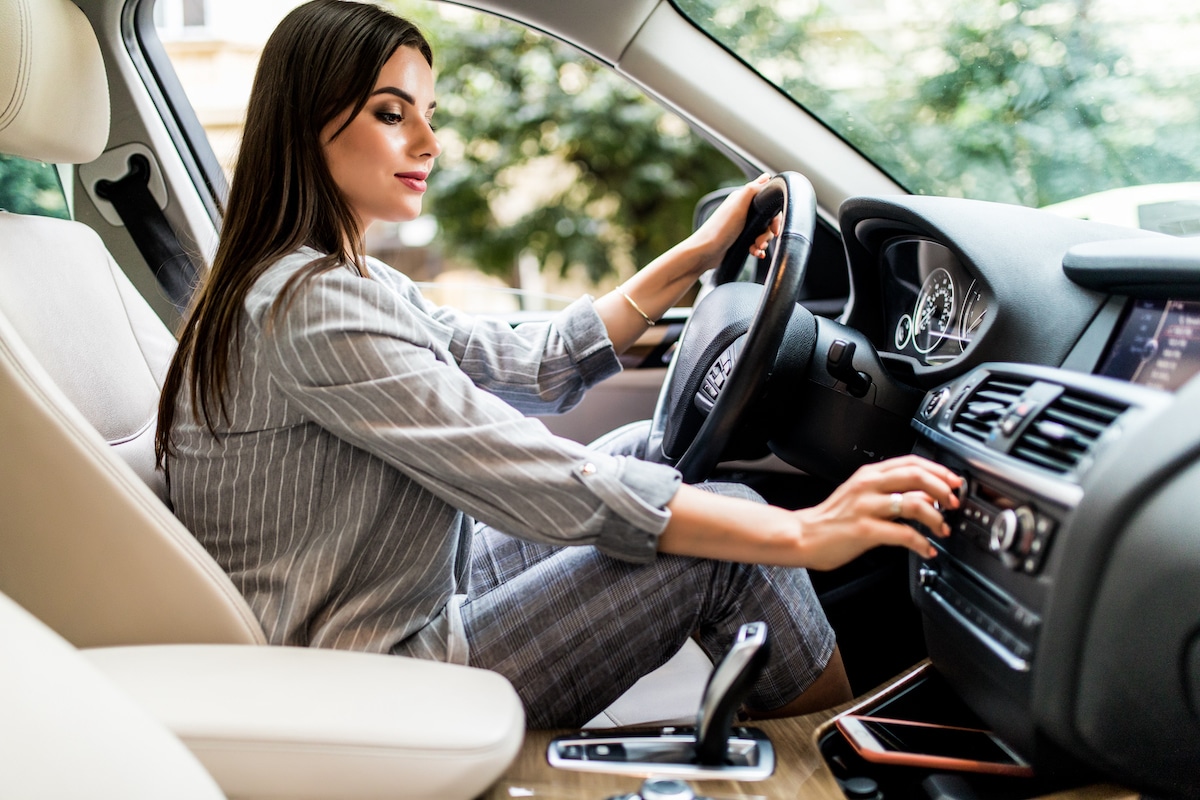UNESCO and various broadcast organizations worldwide used the occasion of World Radio Day 2024 to issue a joint call to technology and automotive industries that radio remains available in cars.
The joint statement noted that the rise of electric vehicles has led to the design of future automobile models without built-in broadcast radio, favoring internet-connected features instead. It goes on to point out, however, that a significant portion of radio listening takes place in cars, where people rely on it for breaking news, traffic updates, weather forecasts, entertainment and, crucially, emergency information.
Radio is particularly robust in crisis. In emergencies, private vehicles are usually part of the solution, keeping occupants safe and informed when broadband is jammed and electricity is cut.
“Radio has its place in the digital transformation of the information ecosystem, complementing the internet and digital platforms. The evolution of communication technologies should advance people’s right to receive information and ideas through any media – instead of regressing it,” the joint statement asserts.
Given the scale of manufacturing, the exclusion of radio from vehicles would limit people’s access to information solely from online platforms.
The statement calls upon governments, regulatory bodies, the technology and automotive industries, and all members of the global radio community “to put safeguards in place to ensure that radio continues to thrive, and to protect the free and unfettered access radio provides to a plurality of opinions and to trusted information.”
You can read the joint statement here.
In addition to UNESCO, the signatories include the following:
- Academia Española de la Radio
- AER — Association of European Radios
- AIB — International Association of Broadcasting
- AMARC International — World Association of Community Radio Broadcasters
- ASBU — Arab States Broadcasting Union
- Asia-Pacific Broadcasting Union
- Caribbean Broadcasting Union
- COPEAM — Permanent Conference of the Mediterranean Audiovisual Operators
- EBU — European Broadcasting Union
- egta — association of television and radio sales houses
- PMA — Public Media Alliance
- URTI — International Radio and Television Union
- World DAB
- World Radio Alliance
These stories might interest you
Australia celebrates World Radio Day

